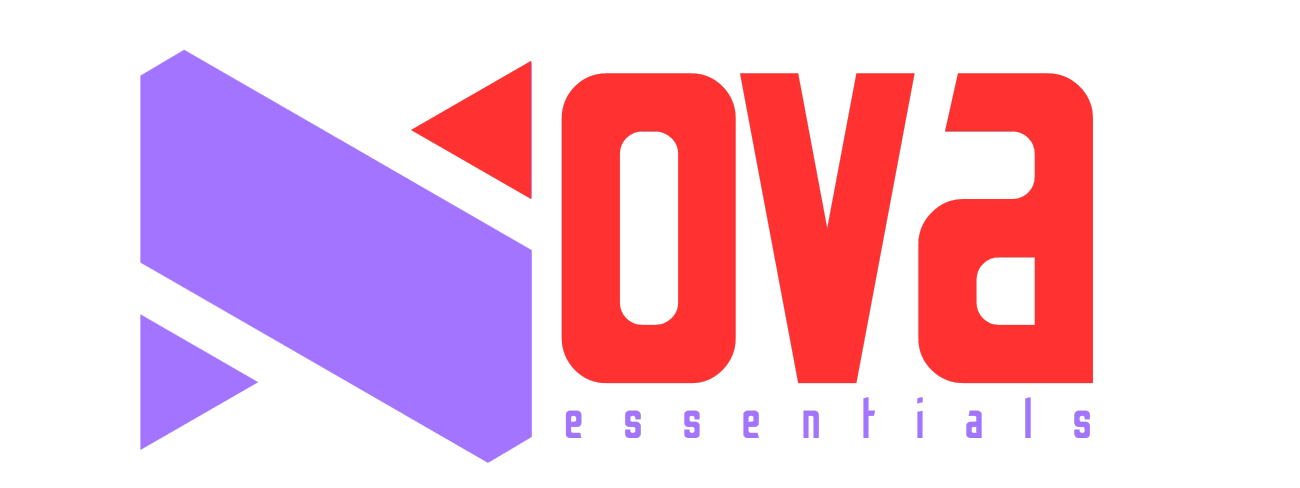
[ad_1]
As a junior at the University of Connecticut (UConn), Maryam Aziz began looking at summer research programs in her field of computer science. She planned to gain some research experience to round out her resume in the hopes of applying to PhD programs after graduation. One program in particular caught her eye.
The Columbia-Amazon Summer Undergraduate Research Experience (SURE) provides research opportunities for undergraduate students from historically underrepresented backgrounds in STEM. Created as a partnership between Columbia University Engineering and Amazon, the initiative launched in 2021 as an eight-week summer research and professional development program.
SURE students engage in cutting-edge research and explore foundational research in areas of artificial intelligence, material science, computational science and engineering, as well as confronting challenges in medicine, climate, sustainability, business, and other areas. They also meet with leading experts from Amazon to learn about real-world scientific and technical challenges.
“When you hear ‘Columbia,’ you think groundbreaking research,” Aziz said. “They have a lot of funding for research, and I knew Amazon put a lot of funding into these labs too. I thought it would definitely be groundbreaking, different than anything I’ve seen.”
Aziz was part of SURE’s inaugural class. The program, which took place on Columbia’s campus in New York City, offered 26 students from 12 US states and territories the opportunity to participate in cutting-edge research projects alongside Columbia University professors with additional mentorship from Amazon scientists.
With funding from Amazon that Columbia matches, SURE covers room and board, basic healthcare, a weekly stipend, and a travel reimbursement for the selected students.
“We had events that included industry and academia where we had professors from Columbia and people from Amazon that had done their PhDs too but decided not to go into academia specifically,” said Aziz. “Events like that were helpful. And I don’t think I would’ve gotten that anywhere else.”
Working with Columbia assistant professor Brian Smith, Aziz’s research centered around the development of a navigation assistance system for the blind that used computer vision technology to map indoor areas.
Aziz worked on data visualizations as well as data analysis that contributed to the creation of 3D maps for the system. Along with Smith and others at Columbia’s Computer-Enabled Abilities Laboratory (CEAL), Aziz also worked on the research paper “‘I Want to Figure Things Out’: Supporting Exploration in Navigation for People with Visual Impairments.”
As part of the SURE program, Aziz was also able to network with Amazon researchers. In particular, she recalled speaking with a senior manager in Amazon’s Alexa Artificial Intelligence (AI) Natural Understanding organization, Avni Fein.
“There’s a team at Amazon Alexa that works on fairness and AI, and that’s something that I didn’t know about,” Aziz said. “So now I found out that’s something that I would want to work on.”
After her 2018 graduation from public high school in Danbury, Connecticut, Aziz went on to study computational data analytics and mathematics at UConn. In the summer before her junior year, Aziz had interned at an aerospace company in a role that included data analysis and predictive modeling.
She became increasingly interested in the prospective social impacts of machine learning and artificial intelligence. To help acquire research experience, she decided to apply for the SURE program.
“I wanted to do something to help people,” Aziz said. “I was learning all these new skills, and I felt like I wanted to make a deeper impact.”
After participating in the SURE program over the summer of 2021, Aziz returned to UConn and earned her bachelor’s in computer science and engineering in May of this year. Encouraged by the opportunity to continue to work with Smith, Aziz decided to return to Columbia to pursue a master’s degree in computer science.
She was chosen as the first recipient of the Amazon MS Fellowship at Columbia Engineering, a program designed to increase the participation of underrepresented groups in graduate-level STEM disciplines. Amazon funds Aziz’s tuition and fees and provides her the opportunity to apply to intern with the company.
As a SURE alumna, Aziz had the chance to speak to current SURE students for Amazon Day in July 2022. “Don’t be afraid to fail,” Aziz told them. “Talk to as many people as you can. You never know what opportunities will come from that.”
[ad_2]
Source link








